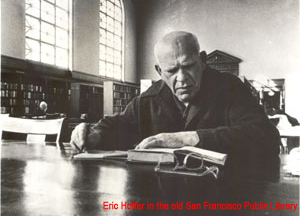 You've decided not to do your own publicity (in spite of my encouragement) and want to outsource the work. How do you find a good PR firm for your publicity project? Here are a few things you can do to make sure you land with a trusted agency that will generate realistic results:
You've decided not to do your own publicity (in spite of my encouragement) and want to outsource the work. How do you find a good PR firm for your publicity project? Here are a few things you can do to make sure you land with a trusted agency that will generate realistic results:- Ask around. Have you seen other nonprofits or businesses enjoying impressive media exposure? Contact the organization to find out if they used an agency and if so, which one. Would they recommend them?
- Ask journalists at your targeted media outlets to make a recommendation based on their experience. They know which PR firms bring them good stories, sources, etc., time after time.
- Call the president of your community's PRSA (Public Relations Society of America) chapter, describe your needs, and ask for the names of a few members who might be qualified to do your work. (Use this link to get a chapter listing and contact information.)
- Post a message on a public relations forum. When looking for a crisis communications specialist for a client, I joined a PR forum so that I could ask for assistance identifying a qualified consultant, and got several great leads. My client ultimately retained one of the individuals recommended by list members and was pleased with the outcome.
What methods would you add to this list of tips?








